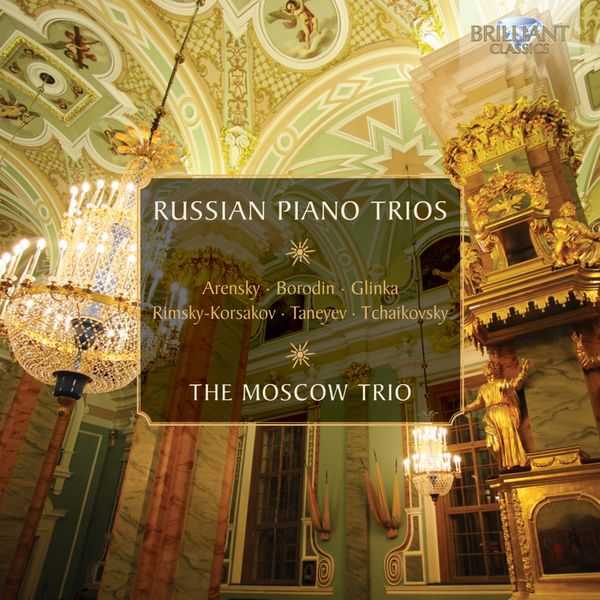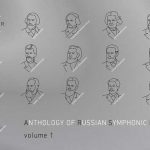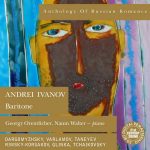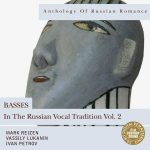
Composer: Anton Arensky, Alexander Borodin, Mikhail Glinka, Nikolay Rimsky-Korsakov, Sergei Taneyev, Pyotr Il’yich Tchaikovsky
Performer: Moscow Trio, Vladimir Ivanov, Mikhail Utkin, Alexander Bonduriansky
Number of Discs: 3
Format: FLAC (tracks)
Label: Brilliant Classics
Catalogue: 94712
Release: 2013
Size: 883 MB
Recovery: +3%
Scan: cover
Tchaikovsky: Piano Trio in A minor, Op. 50 ‘In Memory of a Great Artist’
01. I. Pezzo elegiaco
02. II A. Tema con variazioni: Tema: Andante con moto
03. II B. Variazione Finale e Coda
Glinka: Trio Pathetique in D minor
04. I. Allegro moderato
05. II. Scherzo: Vivacissimo
06. III. Largo
07. IV. Allegro con spirito
Arensky: Piano Trio No. 1 in D minor, Op. 32
08. I. Allegro moderato
09. II. Scherzo
10. III. Elegia
11. IV. Finale
Taneyev: Piano Trio in D major, Op. 22
12. I. Allegro
13. II. Allegro molto
14. III. Andante espressivo
15. IV. Finale: Allegro con brio
Rimsky-Korsakov: Piano Trio in C minor
16. I. Allegro
17. II. Scherzo
18. III. Adagio
19. IV. Finale: Adagio-Allegro
Borodin: Piano Trio in D major
20. I. Allegro con brio
21. II. Romance: Andante
22. III. Intermezzo: Tempo di minuetto
This 3‐disc collection showcases Russian piano trios from the mid‐nineteenth to early‐twentieth centuries. Piano trios were unheard of for Russian composers until Mikhail Glinka wrote one in 1832; it earned the epithet ‘Pathétique’ as it seemed to be a reflection of Glinka’s general sadness at the time of writing, the piece alternating between caustic tension and attempts at light‐hearted optimism.
A mournful, melancholic influence then became characteristic of the Russian piano trio: Tchaikovsky unknowingly created a tradition when he composed his offering in 1882 – one of his greatest chamber works and which he dedicated to his recently deceased and much‐missed friend Nikolay Rubinstein. On several subsequent occasions, piano trios were written as memorials. The collection also includes the mathematically‐governed trio of Sergey Taneyev, who had gained a reputation as a cerebral composer, and the trio of Rimsky‐ Korsakov, whose mastery of opera and vocal writing can be seen in the final movement as each instrument takes on its own ‘voice’ and emotion – thus resembling an interaction between characters. Alexander Borodin used the Classical model for his trio, although it contains surprising chromaticism as well as dramatic changes of temperament, including the tragic hymn in the second movement. Anton Arensky’s take on the genre completes the collection. The Moscow Piano Trio was formed in 1976 and has achieved huge success in international competitions, notably winning the Maurice Ravel Gold Medal at the Bordeaux ‘Mai Musical’. The trio is comprised of pianist Alexander Bonduriansky, violinist Vladimir Ivanov and cellist Mikhail Utkin.



